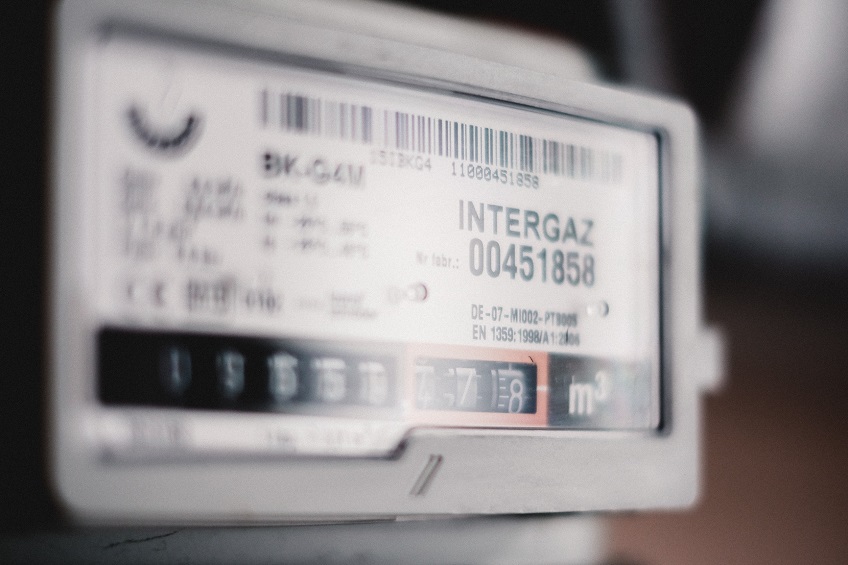
If you have been looking into getting solar panels for your home or business, you’ve probably heard the term “net metering” a lot, but what does that entail? The Solar Energy Industries Association (SEIA.org) defines net metering as: “a billing mechanism that credits solar energy system owners for the electricity they add to the grid.” Often, a home or business will generate more electricity than it uses during the daytime, and if it’s the home or business is net metered, the meter is turned backwards to provide a credit to the customer against electricity consumed during the nighttime or other lesser-use periods. This way customers are only billed for their “net” energy use or the energy they actually consume.
Several states have passed net metering laws, but Utah did away with that policy in 2017. Now Utah has a state net billing program that is similar to net metering, but it’s set up under our own system connected with Rocky Mountain Power. If you have a different power company, you’ll want to check with them to see how they handle their version of net metering. Utah Clean Energy’s website (hub.utahcleanenergy.org) has municipality information to provide more information on individual city specifics. They state: “Electricity generated from rooftop solar first serves your home’s onsite electricity demand. If your home’s solar system generates more electricity than you use during a given billing cycle, you will receive some type of credit for the electricity you send to the grid.” Averaging out the months, most residential Rocky Mountain Power customers pay about 10.2 cents for every kilowatt-hour of electricity they use.
If you entered into an agreement prior to November 15, 2017, you are likely grandfathered into the Net Metering Program until January 1, 2036. Those that entered an agreement between November 15, 2017, and October 30, 2020, are likely in the Transition Program until January 1, 2033. Don’t worry, new solar customers can still receive credits, but today they’re generally applied to future bills rather than receiving a refund. Since the net metering change in Utah, some people in the state have opted for ways to personally store their excess power to ensure everything they generate stays with their home.
Utah ranks 12th in the country for solar system installations, which means solar is a popular choice here. Although we don’t have state laws requiring net metering, there are still credits you can receive in addition to the cost savings on your bill each month. There are tax incentives, rebate options, and other compensation programs available. Home values typically increase with a quality system, and the best reason of all, it offers a clean and renewable energy source. You can feel satisfied that you’re reducing your carbon footprint by limiting your use of fossil fuels. We know the costs and benefits can be confusing, which is why our experts are always on hand to answer any questions. We’re familiar with the nuances of the solar industry and can provide valuable information before you commit to a solar panel system. For any questions regarding all things solar, contact us today
